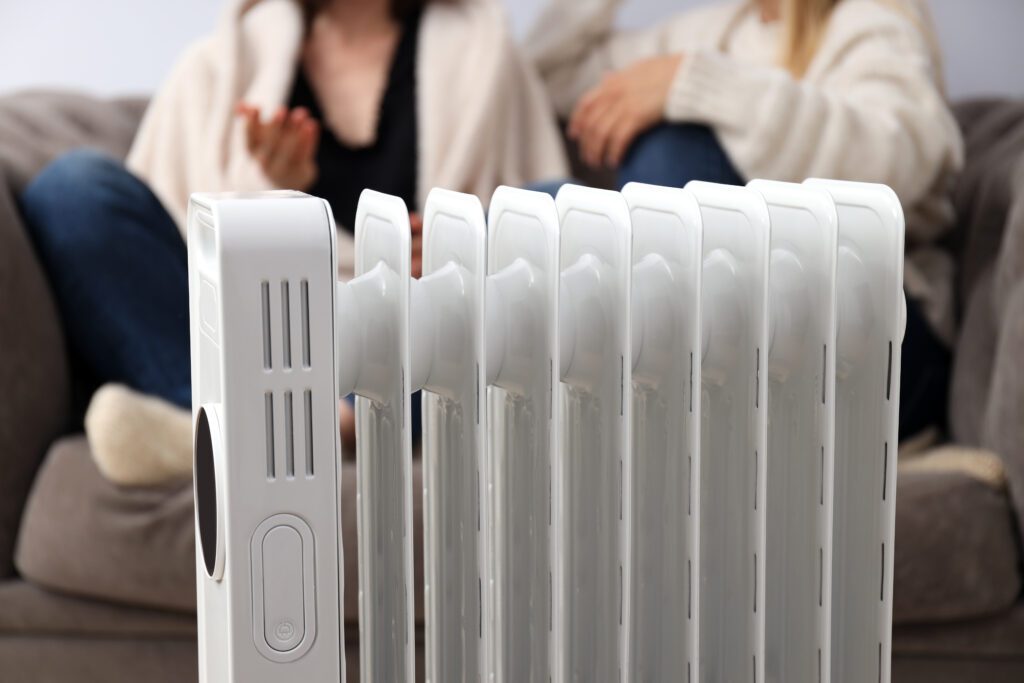As the winter months approach, ensuring that your home is adequately heated is a priority for residents of Martinsburg, West Virginia. The unique climate of this area may pose challenges, but with a solid understanding of heating systems and best practices, you can maintain a warm, comfortable living space throughout the colder months. This article explores essential heating tips tailored for Martinsburg natives.
Understanding the Martinsburg Climate
The climate in Martinsburg can be characterized by cold winters, often accompanied by snow and variable temperatures. Understanding seasonal shifts helps residents adapt their heating strategies effectively.
Seasonal Weather Patterns in Martinsburg
Martinsburg experiences four distinct seasons, with winter temperatures often dropping below freezing. Historical data shows average lows in January can reach about 22°F. Heavy snowfall is also common, which can affect outdoor heating elements and the home’s overall insulation. Keep track of seasonal weather patterns to better anticipate your heating needs.
During the transitional months of autumn and spring, temperatures can fluctuate, leading to inconsistent heating requirements. Homeowners must be ready to adjust their heating systems accordingly, ensuring efficiency without sacrificing comfort. The autumn months often bring a beautiful display of foliage, but they also signal the need for homeowners to prepare their heating systems for the impending cold. Regular maintenance checks, such as cleaning filters and inspecting ductwork, can make a significant difference in heating efficiency and air quality during the winter months.
How Martinsburg’s Climate Affects Home Heating
The cold climate of Martinsburg necessitates a robust heating approach. Homes must not only be capable of generating heat but also retaining it. The combination of older housing structures and potential gaps in insulation can lead to costly energy bills.
Understanding these factors will allow residents to prioritize getting their homes ready for the winter, thereby reducing energy loss and enhancing heating effectiveness. When homes are optimized for the local climate, residents can enjoy cozy environments while minimizing energy expenditures. Additionally, the choice of heating systems—whether opting for traditional furnaces, modern heat pumps, or even more sustainable options like geothermal systems—can significantly impact both comfort levels and energy efficiency. Investing in smart thermostats can also help residents better manage their heating schedules, adapting to both daily changes and longer-term seasonal variations, ultimately leading to a more comfortable living space and lower utility costs.
Essential Home Heating Basics
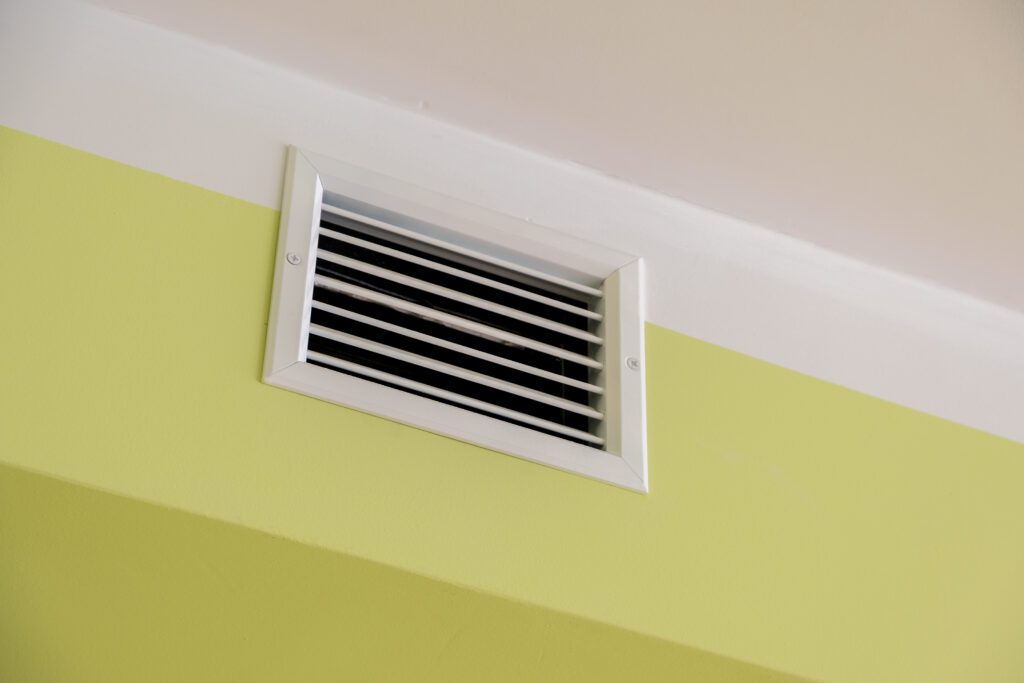
A solid understanding of the fundamentals of home heating can augment your efforts in maintaining a warm space. Here, we explore essential heating concepts every Martinsburg resident should know.
The Importance of Efficient Heating Systems
Efficiency in heating systems is crucial for not just comfort but also for energy savings. Older systems may consume more energy and take longer to heat spaces, leading to higher monthly utility bills. Homeowners should consider upgrading to modern, energy-efficient heating units that carry the Energy Star label, which signifies their efficiency.
Investing in an efficient system can lead to savings over time, making it a worthwhile consideration. Moreover, efficient systems tend to produce fewer emissions, benefiting the environment and promoting sustainability. In addition to the financial and environmental benefits, many energy-efficient systems also come equipped with smart technology that allows homeowners to control their heating remotely, ensuring that their homes are always at the desired temperature without unnecessary energy waste.
Different Types of Residential Heating Systems
There are various heating systems available to Martinsburg homeowners, each with its advantages and challenges. Common residential heating systems include:
- Furnaces: Driven by gas, oil, or electricity, furnaces are the most popular options for heating homes. They blow heated air through ducts, effectively maintaining warm temperatures.
- Heat Pumps: These systems can both heat and cool your home. They work by extracting heat from the outside air and transferring it indoors, offering an energy-efficient alternative to traditional heating methods.
- Radiant Heating: This involves installing heating elements beneath the floors or within walls, delivering warmth directly to the living space. Radiant heating can be a highly efficient method, particularly in well-insulated homes.
- Wood or Pellet Stoves: For those who prefer a more traditional or renewable heating source, wood and pellet stoves offer a cozy ambiance alongside effective heating capabilities.
Choosing the right heating system depends on individual needs, budget, and energy source availability in Martinsburg. Additionally, homeowners should assess the layout of their homes, as some systems may be better suited for open spaces while others excel in smaller, compartmentalized areas. It’s also wise to consider the maintenance requirements of each system, as some may necessitate more frequent servicing or specialized care, impacting long-term costs and convenience. Understanding these factors can help homeowners make informed decisions that enhance both comfort and efficiency.
Energy-Efficient Heating Tips
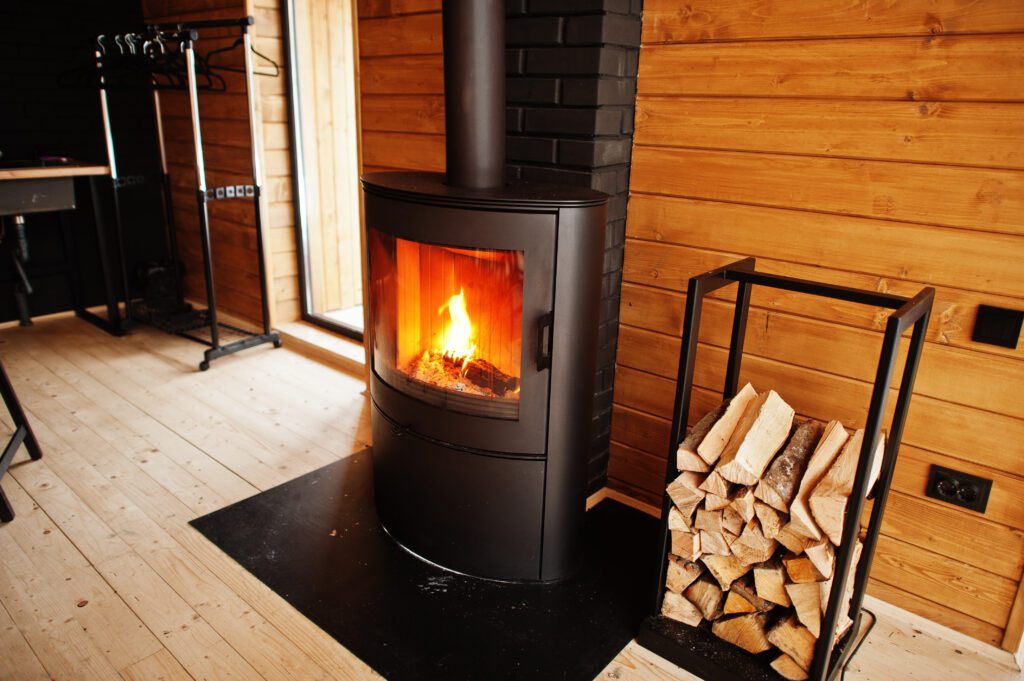
Now that we understand the types of heating systems available, let’s explore how to utilize them efficiently. Implementing energy-saving tips can lead to significant cost reductions.
Maximizing Your Thermostat Settings
One of the easiest ways to improve heating efficiency is by optimizing thermostat settings. A programmable or smart thermostat can help maintain desired temperatures throughout the day automatically. For instance:
- Lowering the thermostat: Set your thermostat to a lower temperature when you’re not home or while you’re sleeping. Every degree counts in energy savings.
- Utilize zoning: If you have a larger home, consider setting different temperatures for different zones, ensuring efficient heating without wasting energy.
These simple adjustments can lead to a more energy-efficient home without sacrificing comfort. Moreover, many modern thermostats come equipped with learning capabilities that adapt to your schedule over time, making it even easier to maintain optimal temperatures while reducing energy consumption. By analyzing your daily patterns, these devices can automatically adjust settings, ensuring that your home is warm when you need it and cooler when you don’t.
Insulation and Heating Efficiency
Proper insulation plays a critical role in maintaining indoor temperatures. If your home has insufficient insulation, heated air can quickly escape, leading to higher energy costs. Residents should:
- Check the insulation in attics, basements, and walls, addressing any gaps or deficiencies.
- Seal windows and doors to prevent drafts, which can drastically reduce heating efficiency.
- Consider insulated curtains or thermal window coverings to further minimize heat loss during the colder months.
By focusing on insulation and sealing, Martinsburg homeowners can maximize their heating systems’ efficiency significantly. Additionally, investing in high-quality insulation materials can yield long-term benefits, as they not only enhance comfort but also contribute to a healthier indoor environment by reducing the likelihood of moisture buildup and mold growth. Furthermore, homeowners might explore the benefits of energy audits, which can pinpoint specific areas where heat loss occurs, allowing for targeted improvements that can lead to even greater energy savings.
Regular Maintenance for Optimal Heating
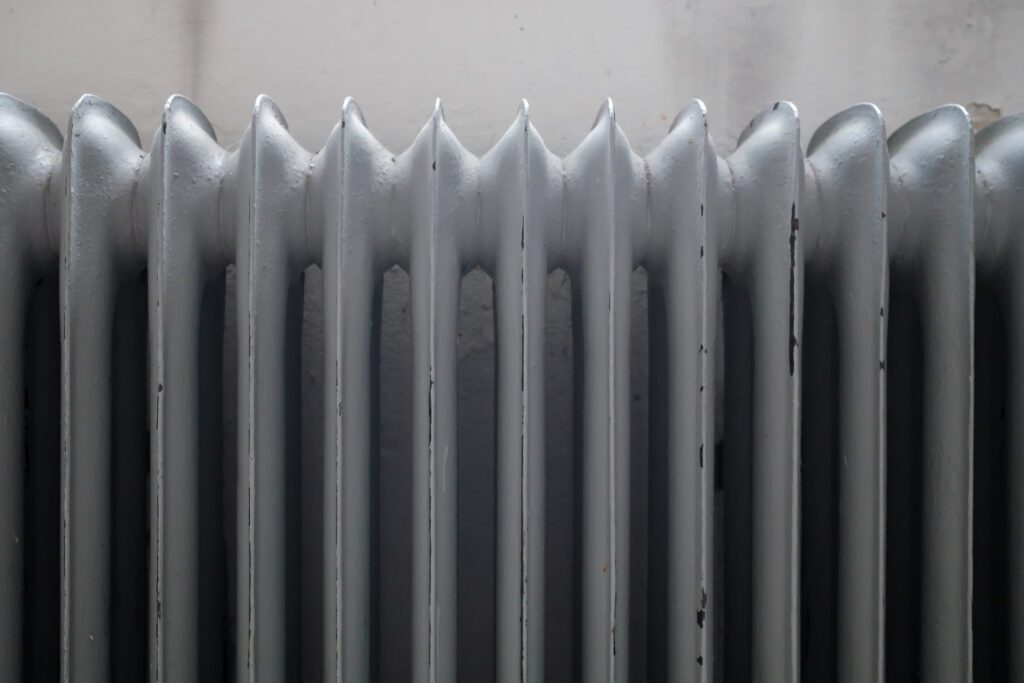
Regular maintenance is paramount to ensuring that heating systems operate efficiently. Neglected systems can lead to unexpected breakdowns and inefficient heating. Without proper care, heating systems may not only fail to provide adequate warmth but can also incur higher energy costs due to increased energy consumption.
Importance of Regular Heating System Check-ups
Scheduling annual check-ups with a certified technician can help identify and rectify potential issues before they exacerbate. A technician can:
- Inspect and clean the heating system, ensuring all components function correctly.
- Replace air filters, which can accumulate dust and debris, causing reduced airflow and efficiency.
- Check for leaks in ductwork, which can lead to significant energy losses.
Regular check-ups extend the life of your heating system while providing peace of mind that your home will remain warm during the winter. Moreover, a well-maintained system can improve indoor air quality, reducing allergens and pollutants that can affect the health of your family. This is particularly important for households with young children, elderly members, or individuals with respiratory conditions.
DIY Maintenance Tips for Homeowners
In addition to professional checks, homeowners can engage in simple DIY maintenance routines. Here’s how to keep your heating system in good shape:
- Change air filters every 1-3 months to maintain optimal airflow.
- Keep vents and radiators clear from furniture or obstructions to promote efficient heat distribution.
- Inspect for any unusual noises or smells, which may indicate an underlying issue that needs professional attention.
By taking these steps, homeowners can contribute significantly to the efficient operation of their heating systems. Additionally, it’s wise to familiarize yourself with the thermostat settings and ensure they are programmed correctly for your lifestyle. For instance, lowering the temperature when you’re away from home or at night can lead to substantial energy savings. Furthermore, consider investing in a smart thermostat, which can optimize heating schedules based on your habits, providing both comfort and efficiency.
Safety Measures for Residential Heating
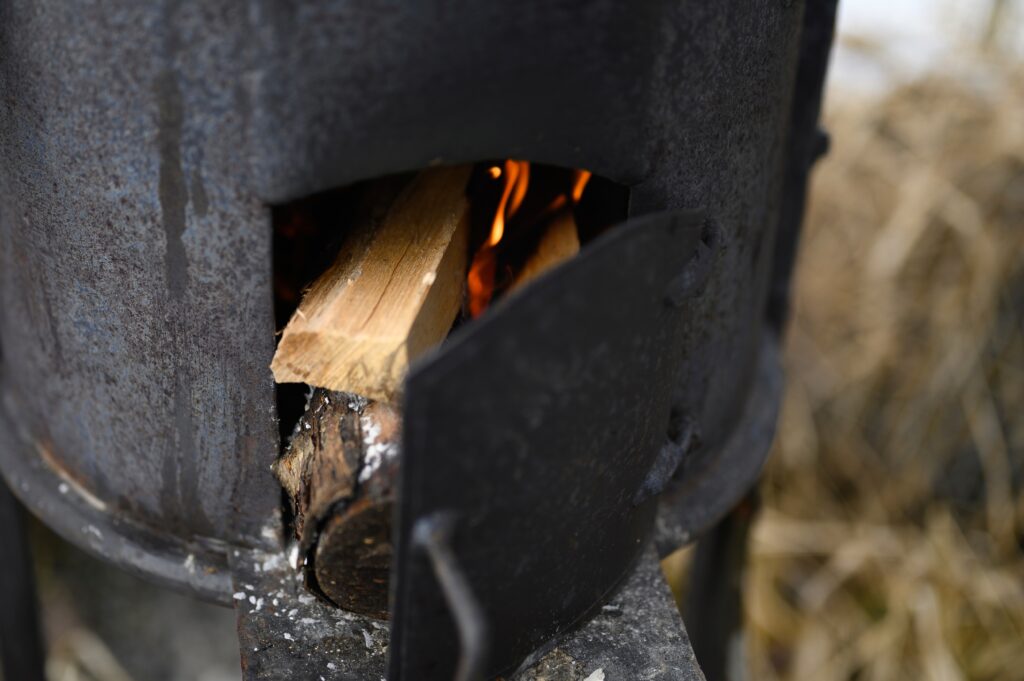
Safety is paramount when it comes to residential heating. Adopting safety measures can help prevent accidents and ensure a secure living environment.
Preventing Common Heating Hazards
Heating-related hazards can range from carbon monoxide concerns to fire risks. Here are some best practices residents should adopt:
- Install carbon monoxide detectors throughout your home, especially near sleeping areas, and ensure they are in working condition.
- Do not use your oven or stovetop as a heat source, as this poses a significant fire hazard.
- Keep flammable materials away from heating systems and vents to reduce fire risks.
These precautions contribute to a safer home during the cold winter months. Additionally, it is wise to schedule regular inspections of your heating systems by a qualified technician. This proactive approach can identify potential issues before they become serious problems, ensuring that your heating system operates efficiently and safely. Homeowners should also familiarize themselves with the signs of carbon monoxide poisoning, which can include headache, dizziness, and confusion, as early detection is crucial for safety.
Safe Use of Portable Heaters
Portable heaters can offer additional warmth but must be used cautiously. To ensure safety while using portable heaters, follow these tips:
- Place heaters on flat, stable surfaces away from foot traffic and flammable objects.
- Never leave a portable heater unattended while in use.
- Ensure that the heater has an automatic shut-off feature for added safety.
By adhering to these guidelines, homeowners can harness the benefits of portable heating solutions without compromising safety. Furthermore, it is important to choose heaters that are certified by recognized testing laboratories, as these products have undergone rigorous safety evaluations. Users should also read the manufacturer’s instructions carefully to understand the specific requirements and limitations of their portable heaters. Regularly checking the power cords for frays or damage can prevent electrical fires, ensuring that your home remains a warm and secure haven during the chilly months.
In conclusion, heating homes effectively during the winters in Martinsburg, WV, is essential for comfort and safety. With an understanding of the unique climate, essential heating knowledge, energy-efficient practices, regular maintenance, and safety measures, residents can ensure their homes remain warm and inviting. Preparing in advance also means you can enjoy the seasonal beauty of Martinsburg without the discomfort of a cold h

